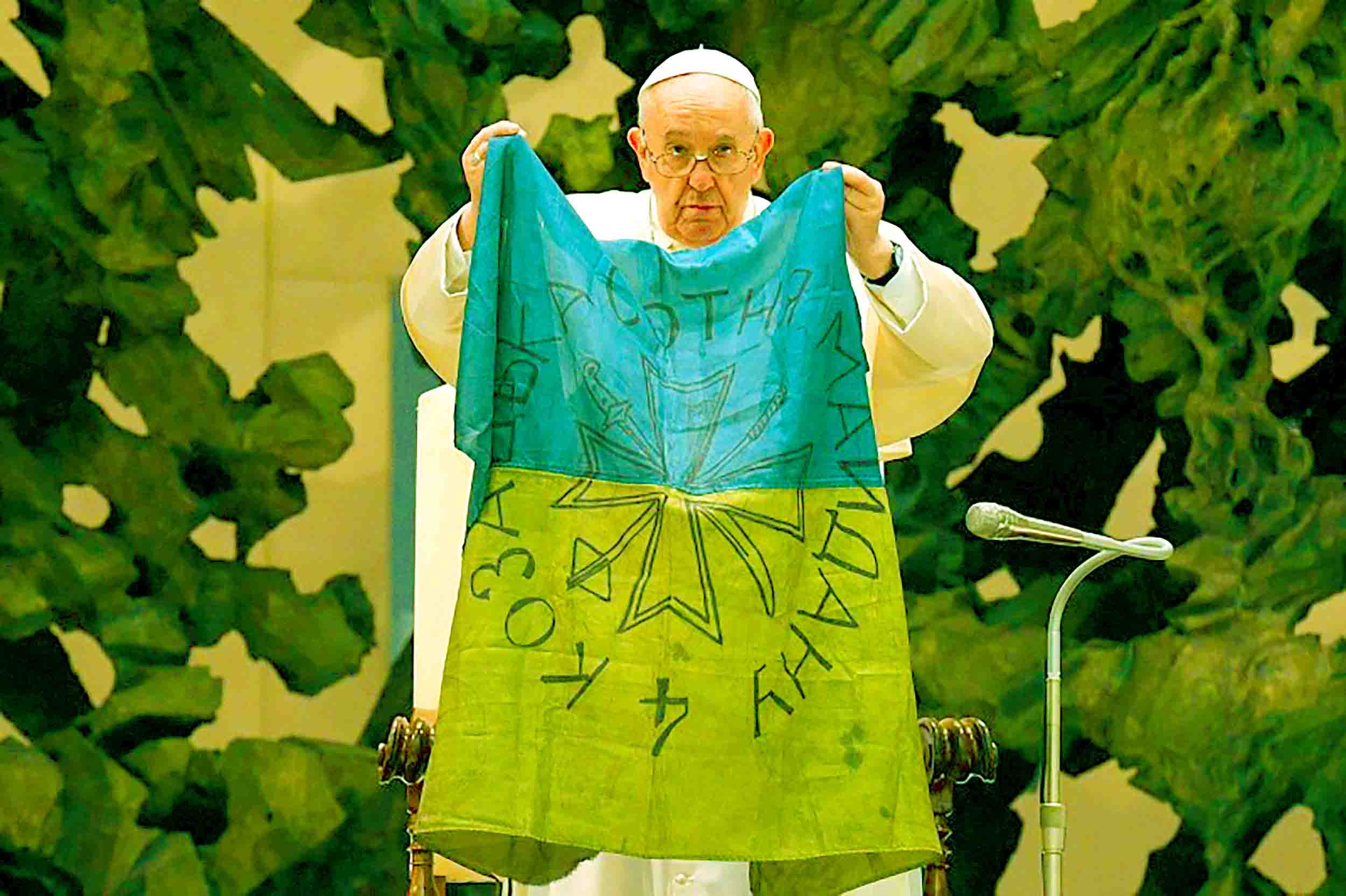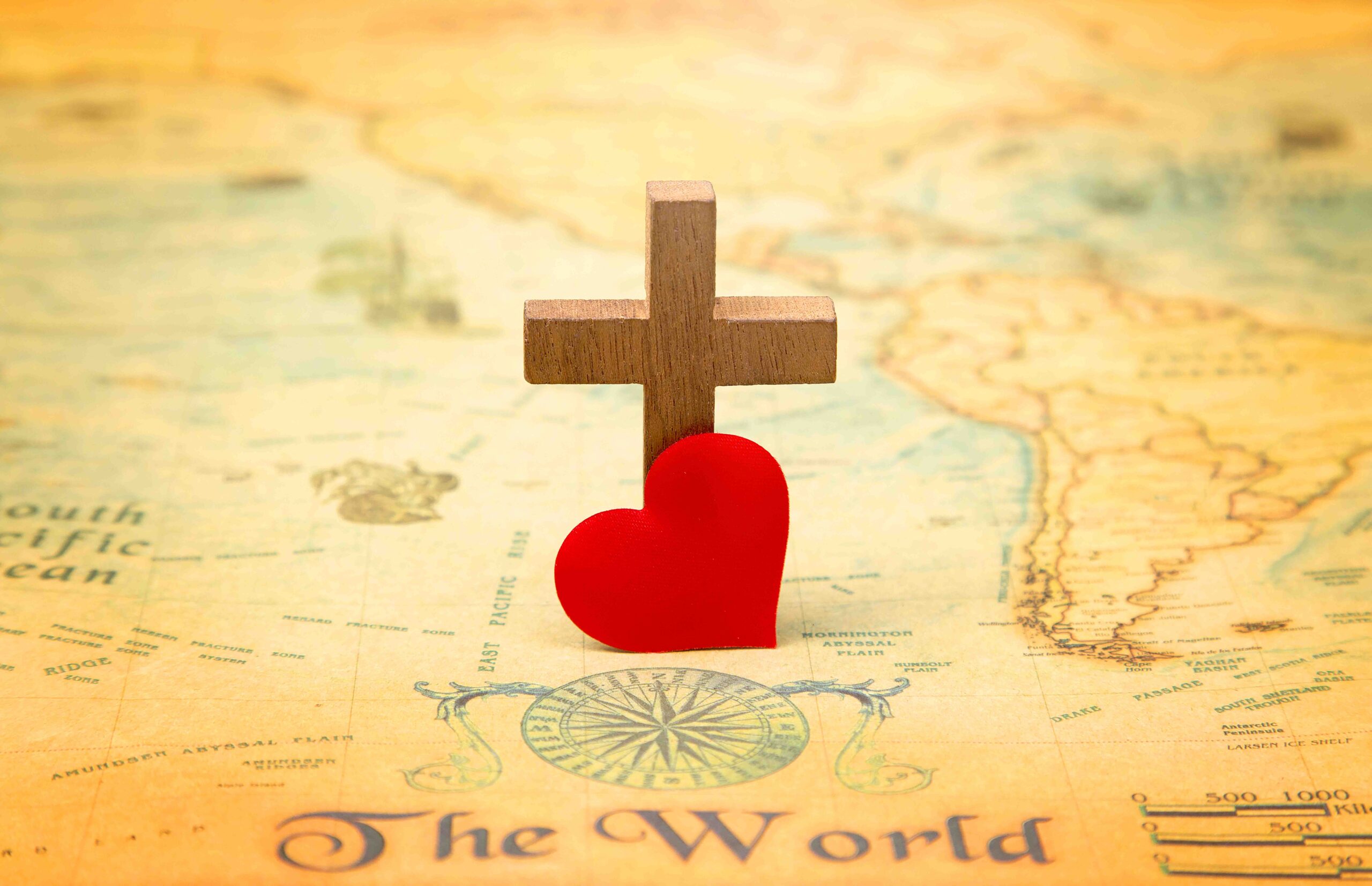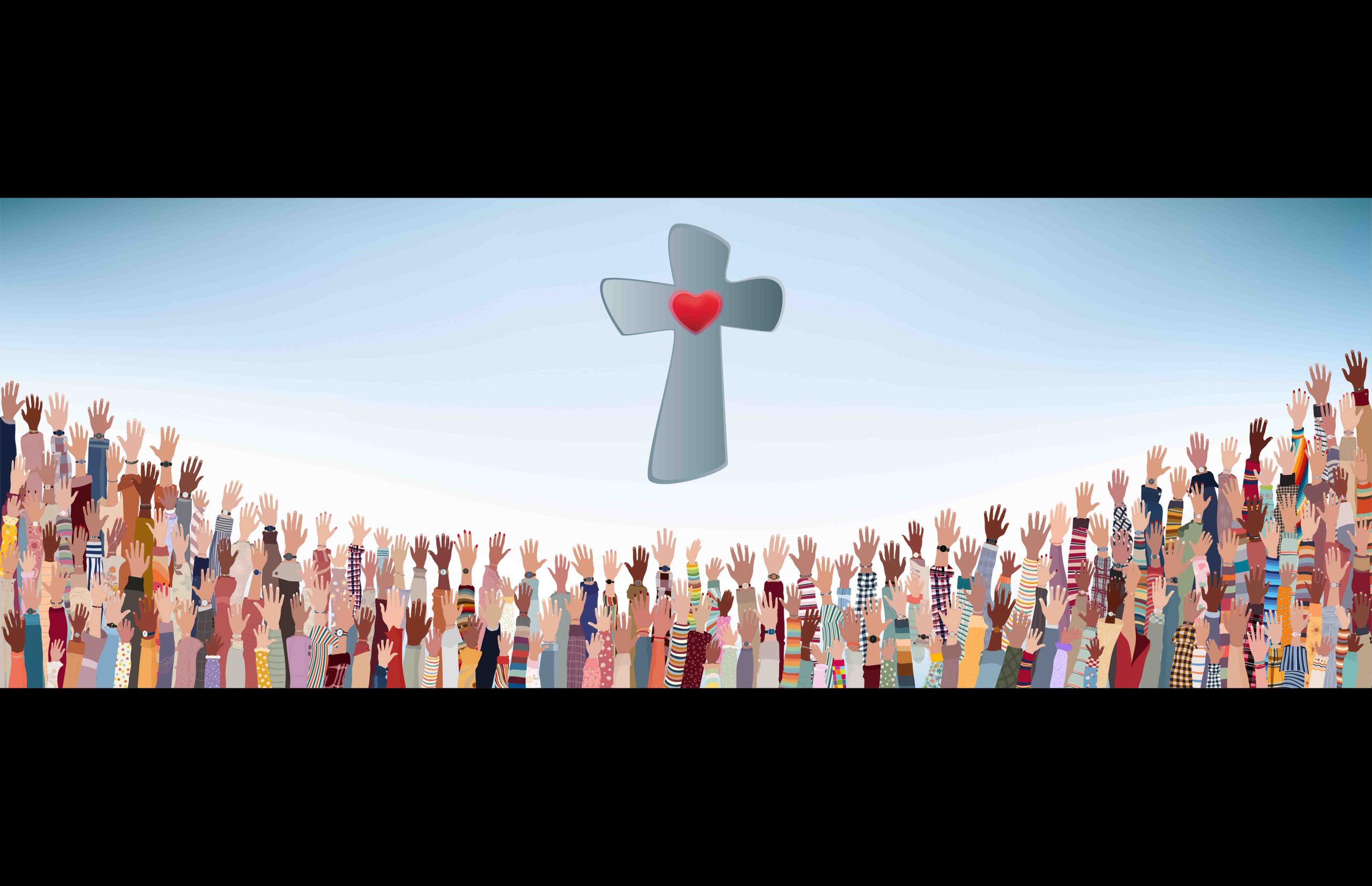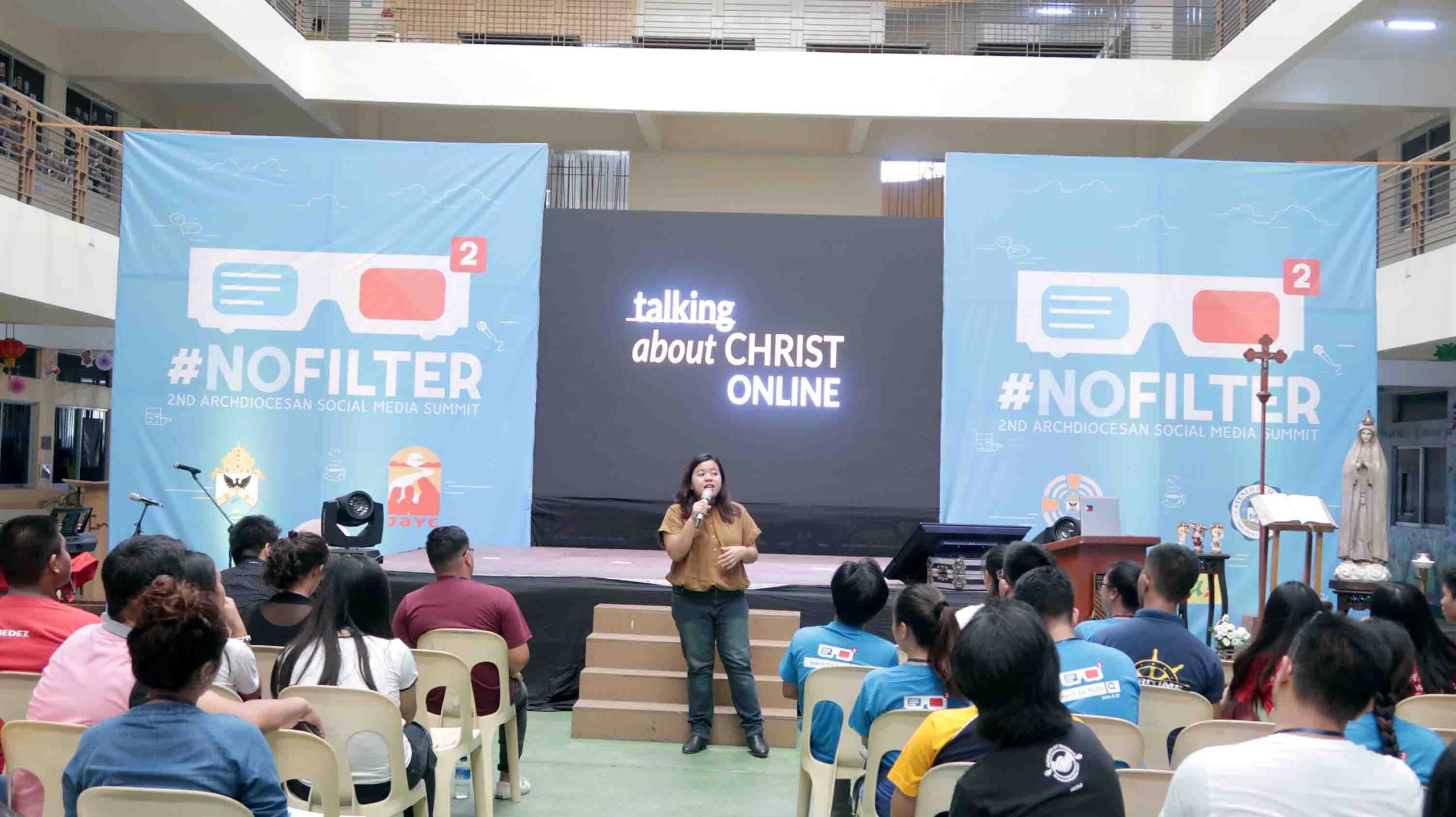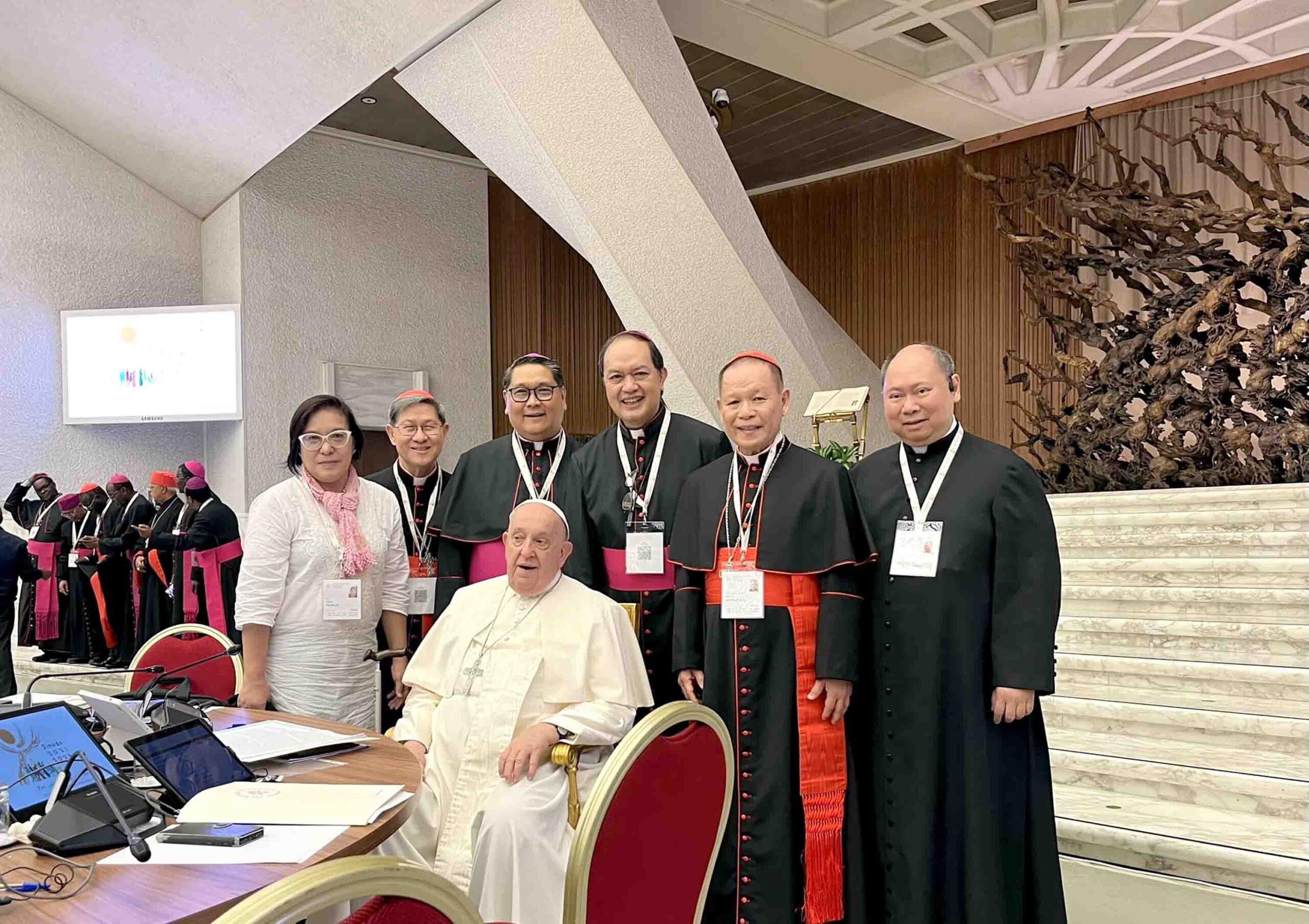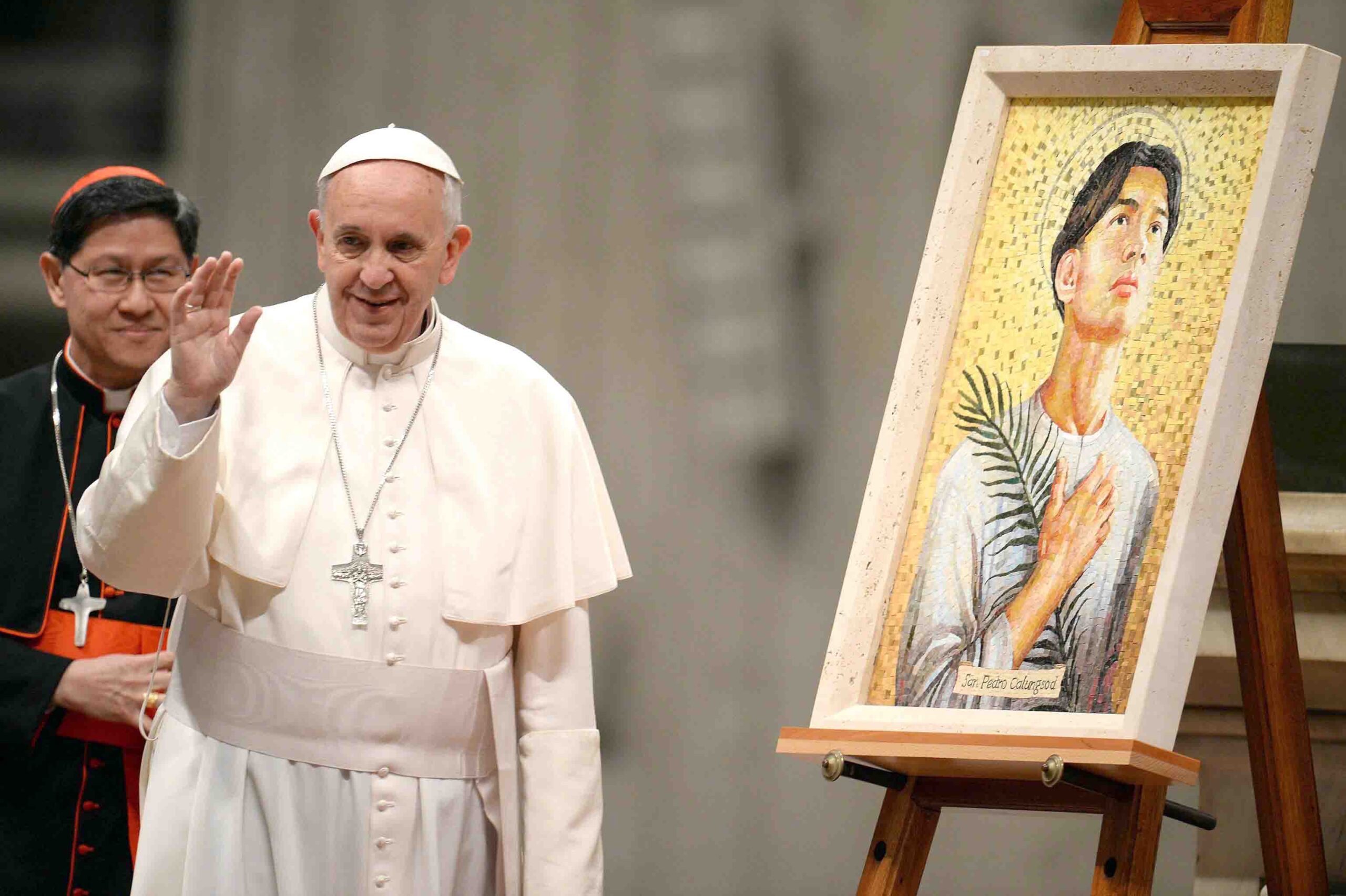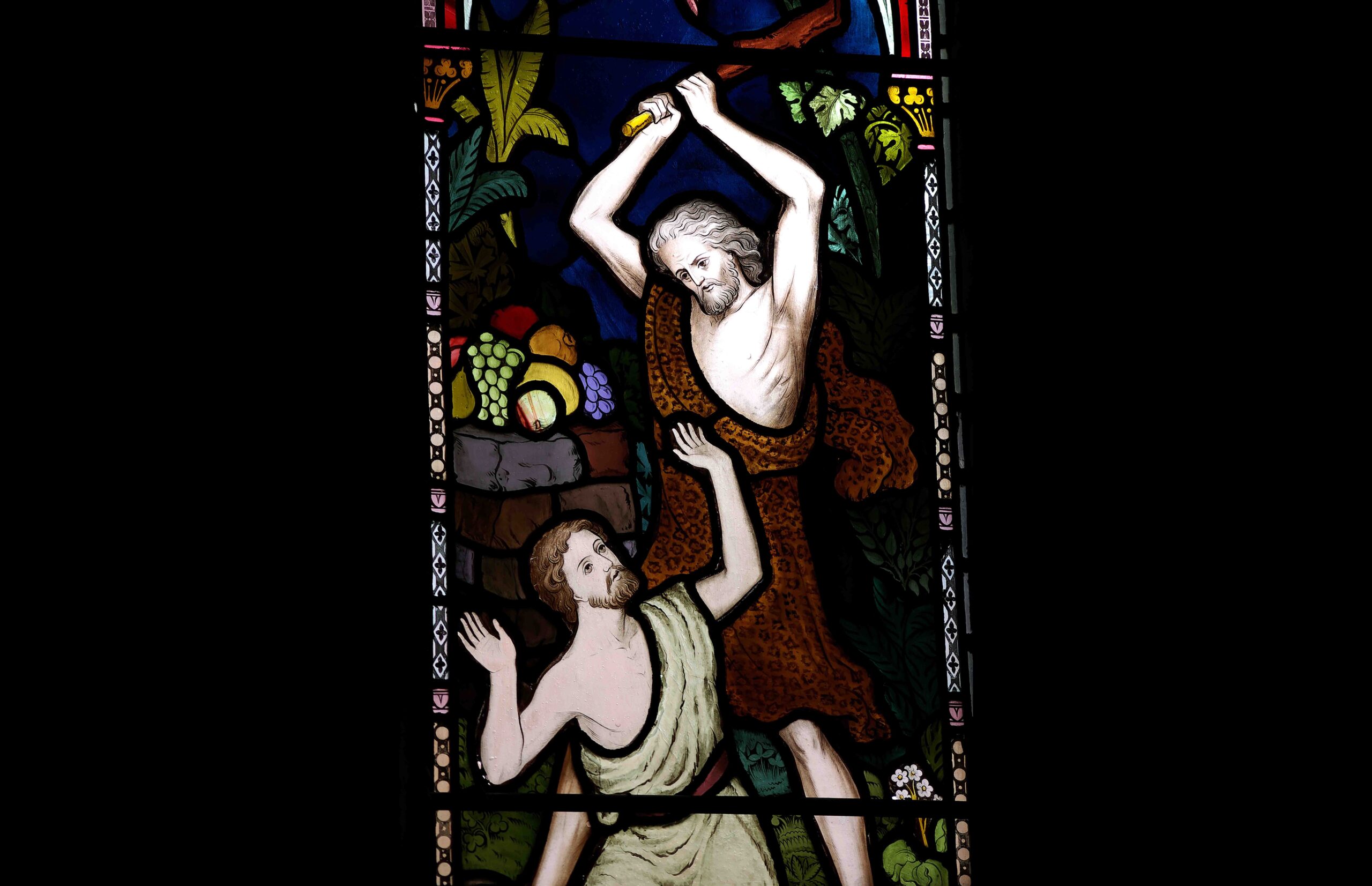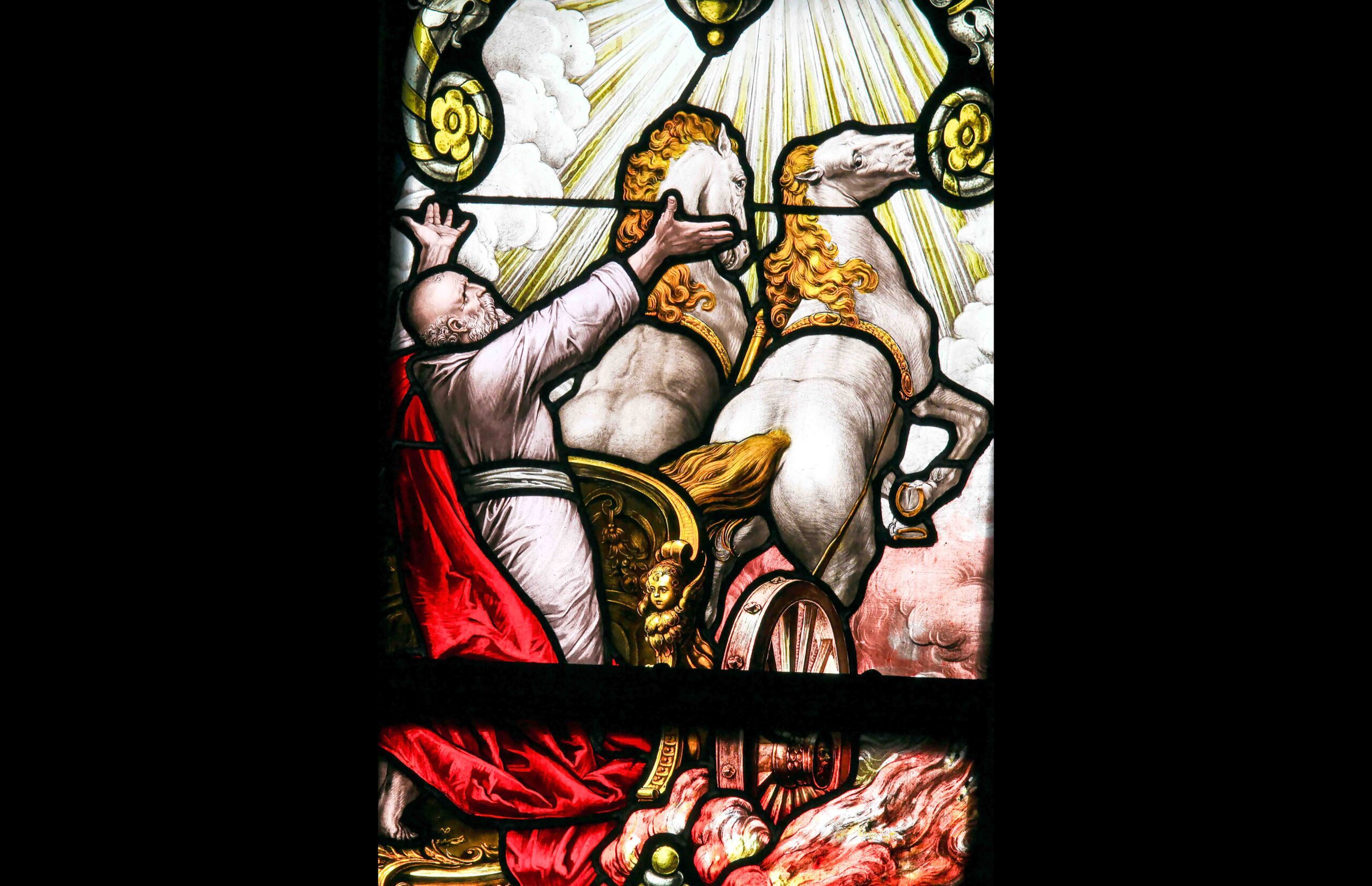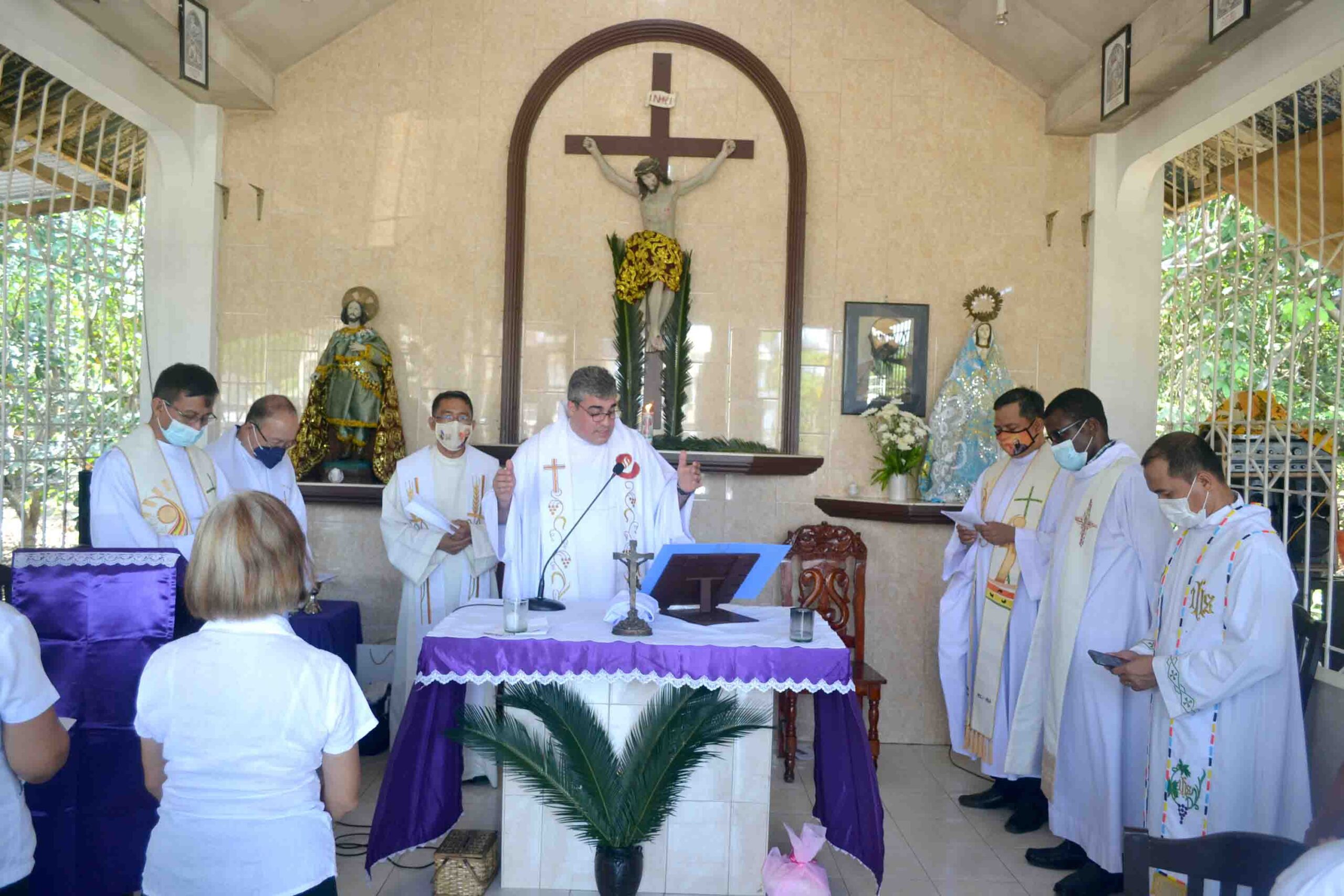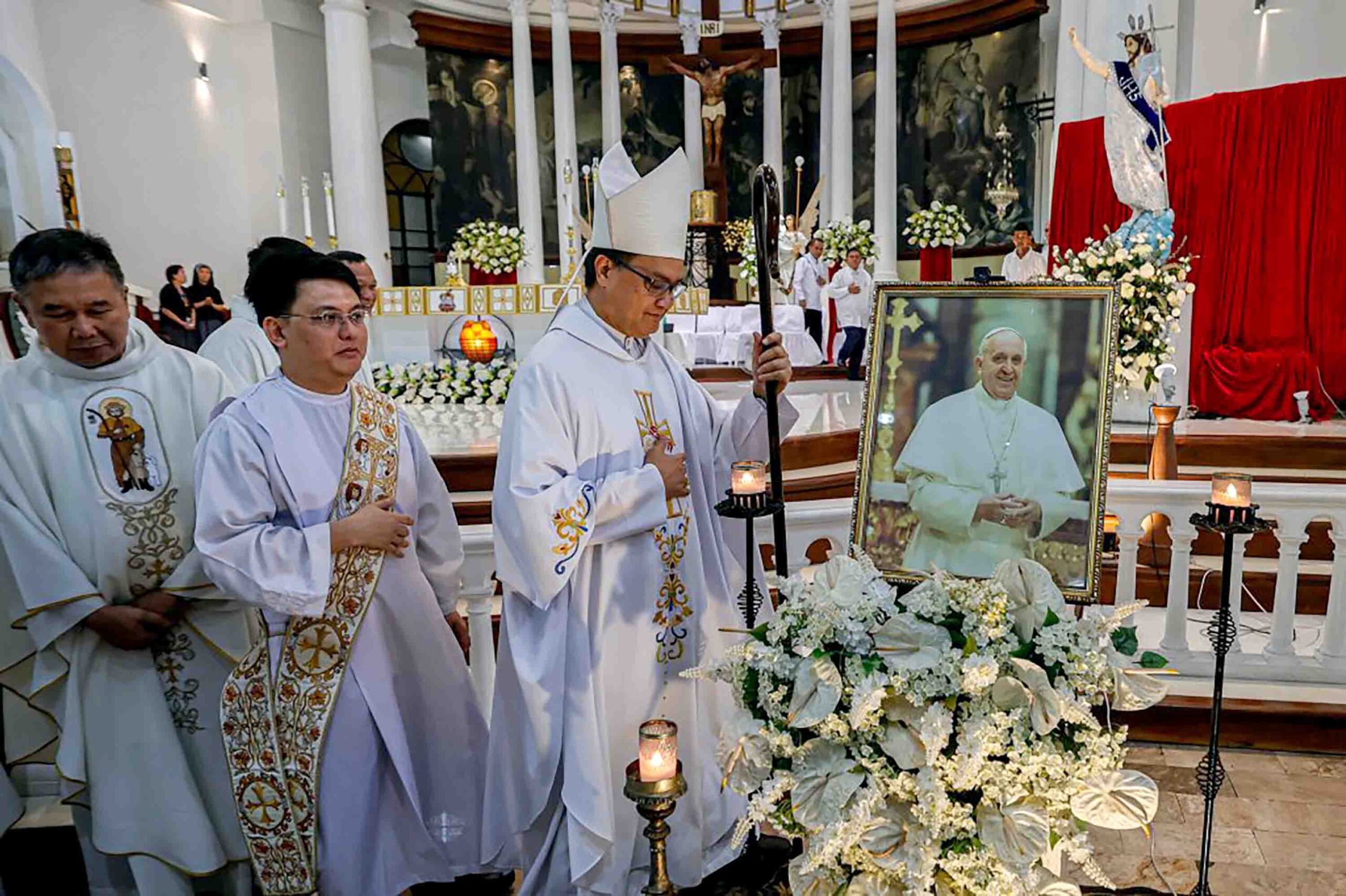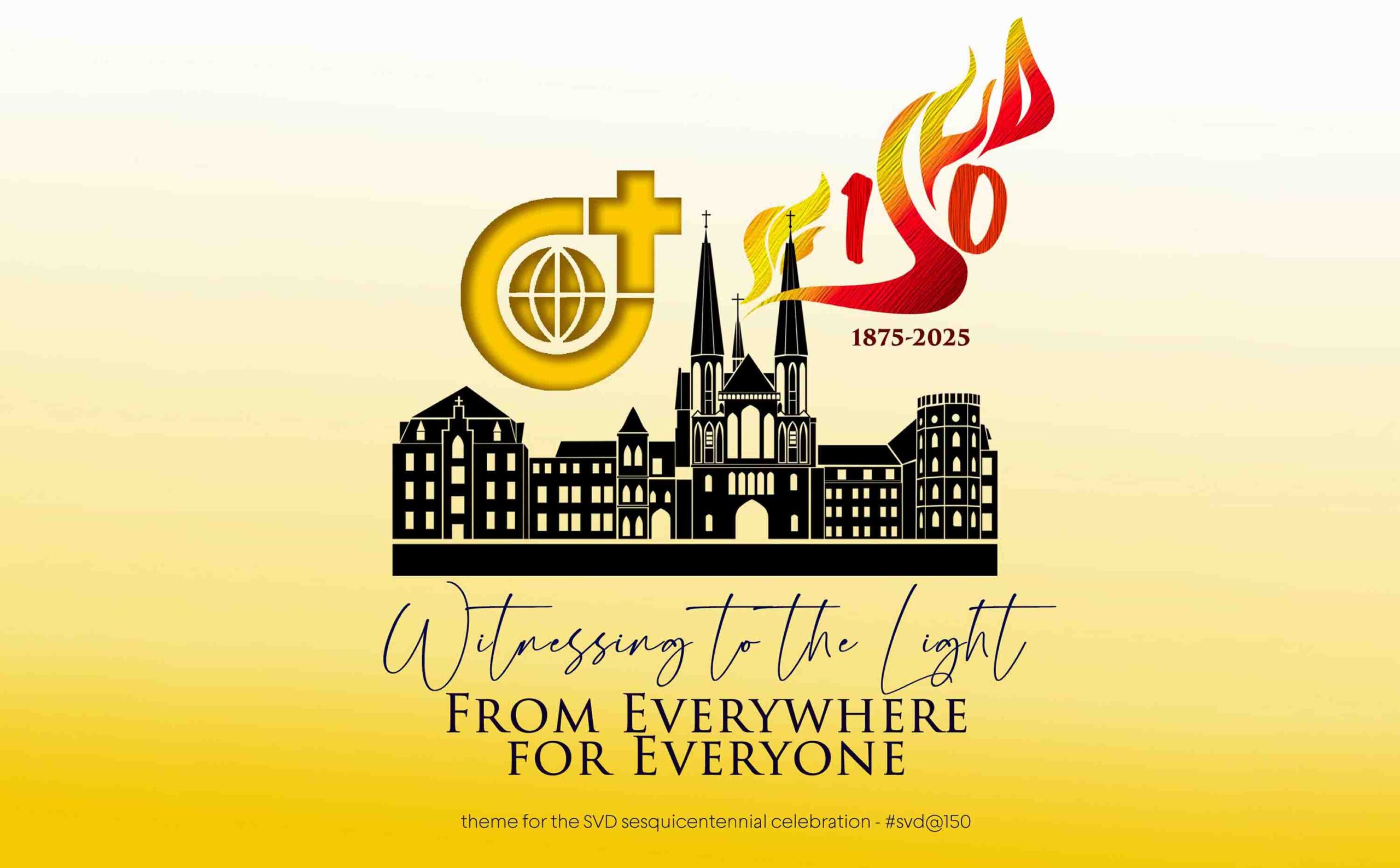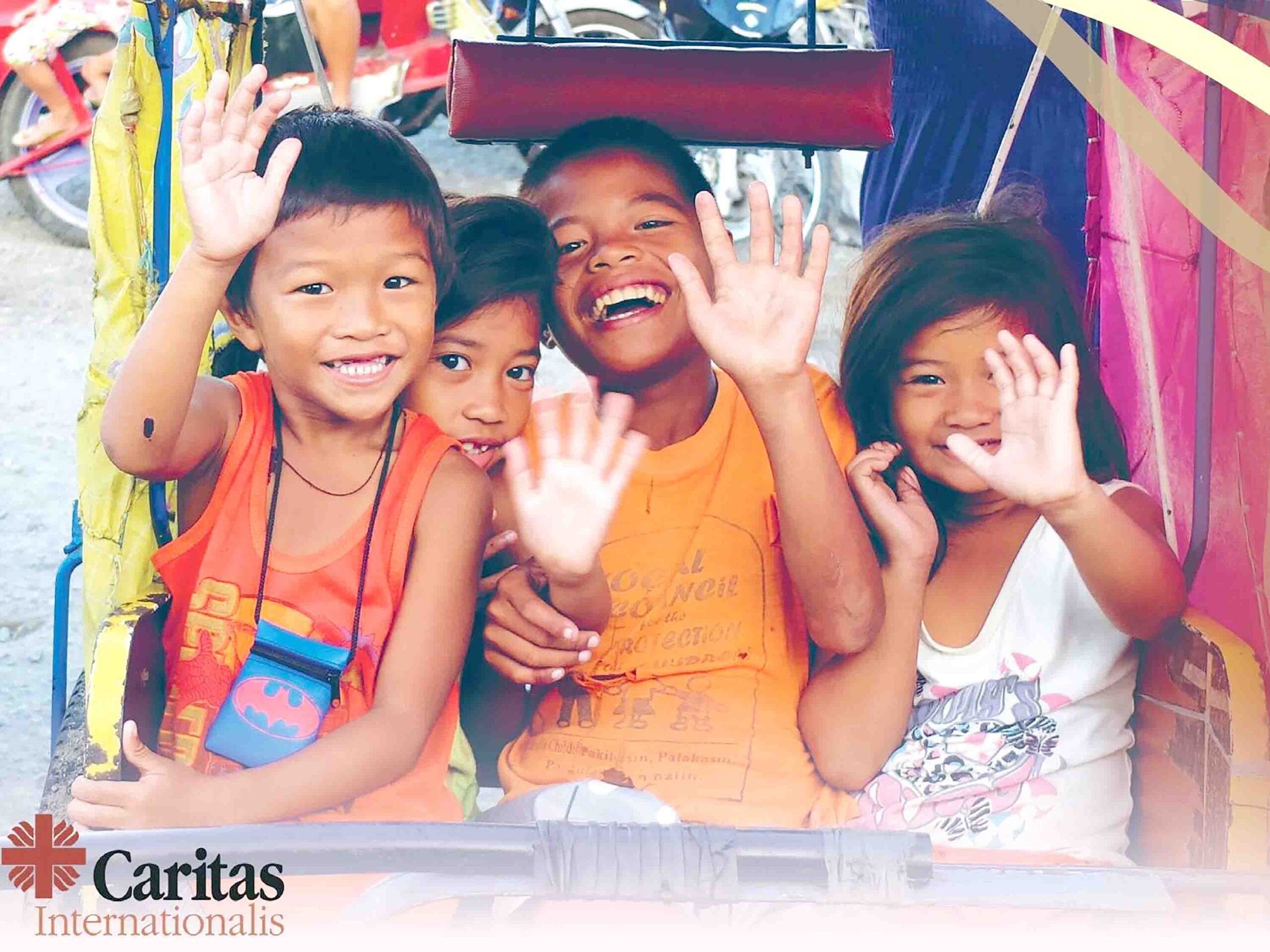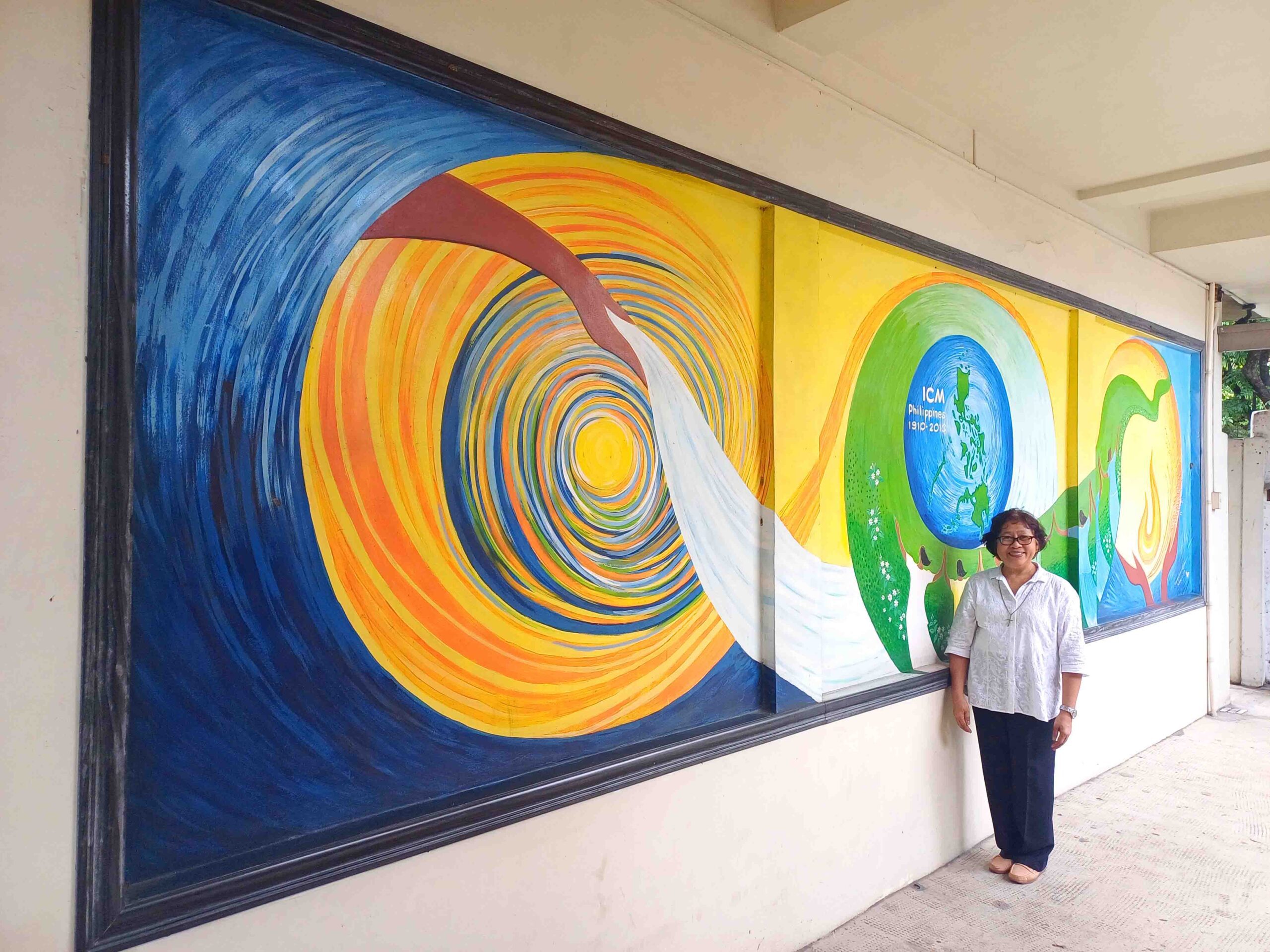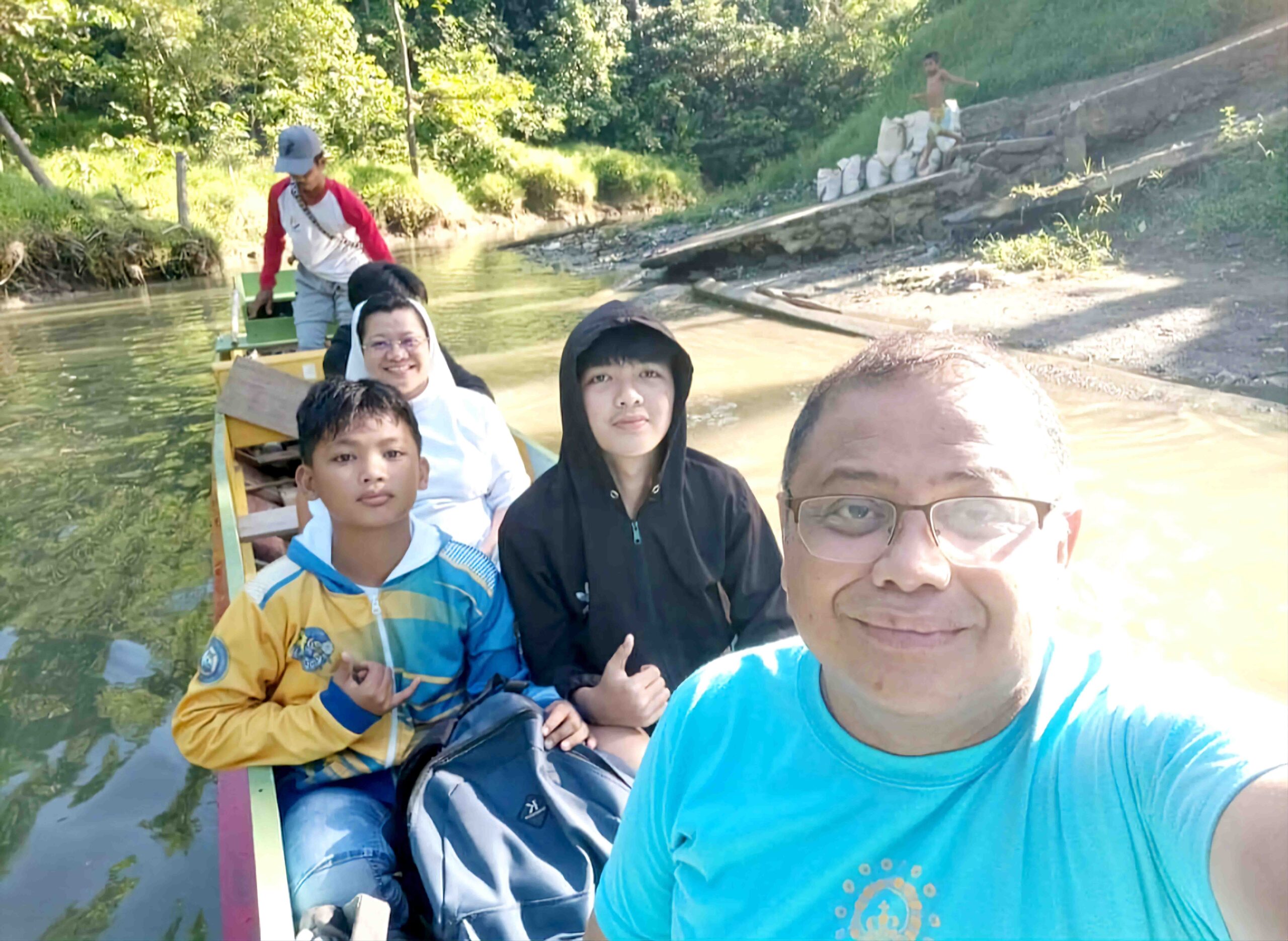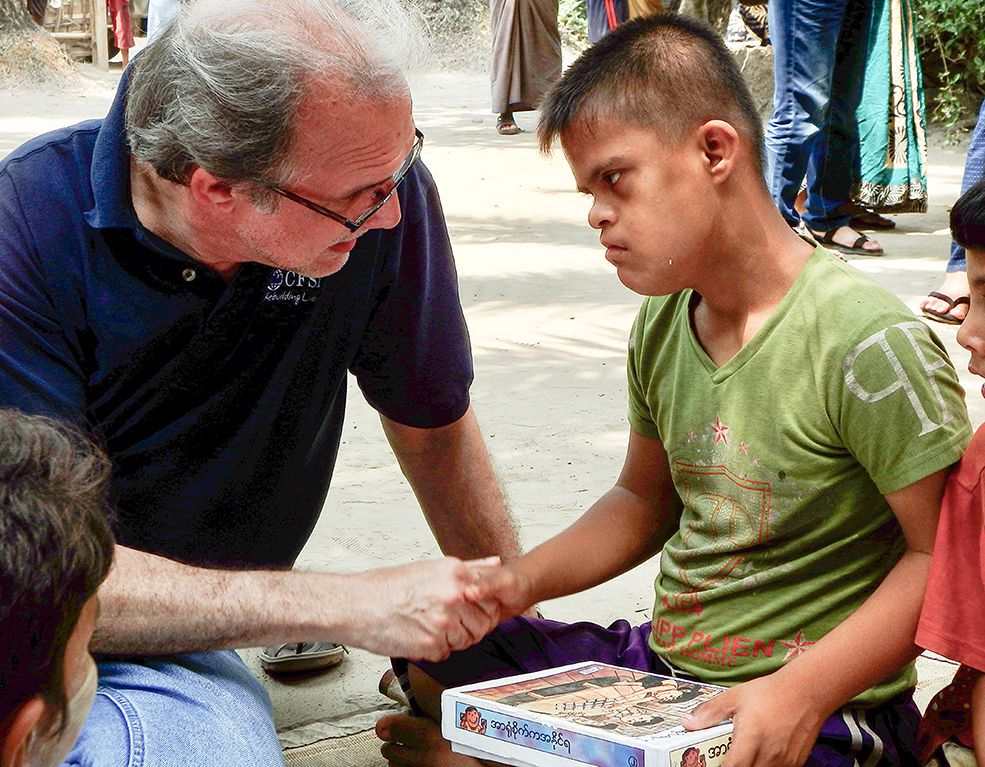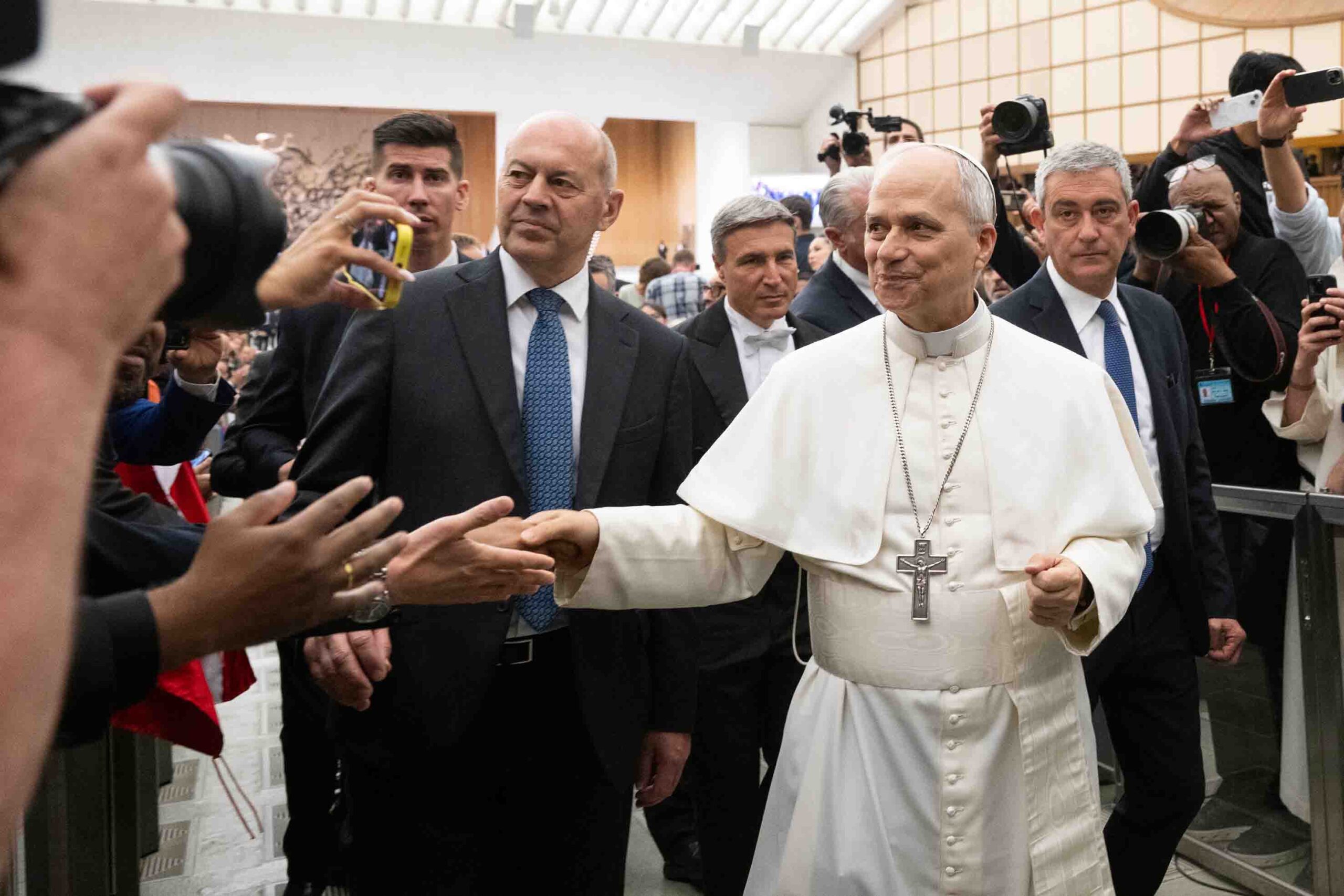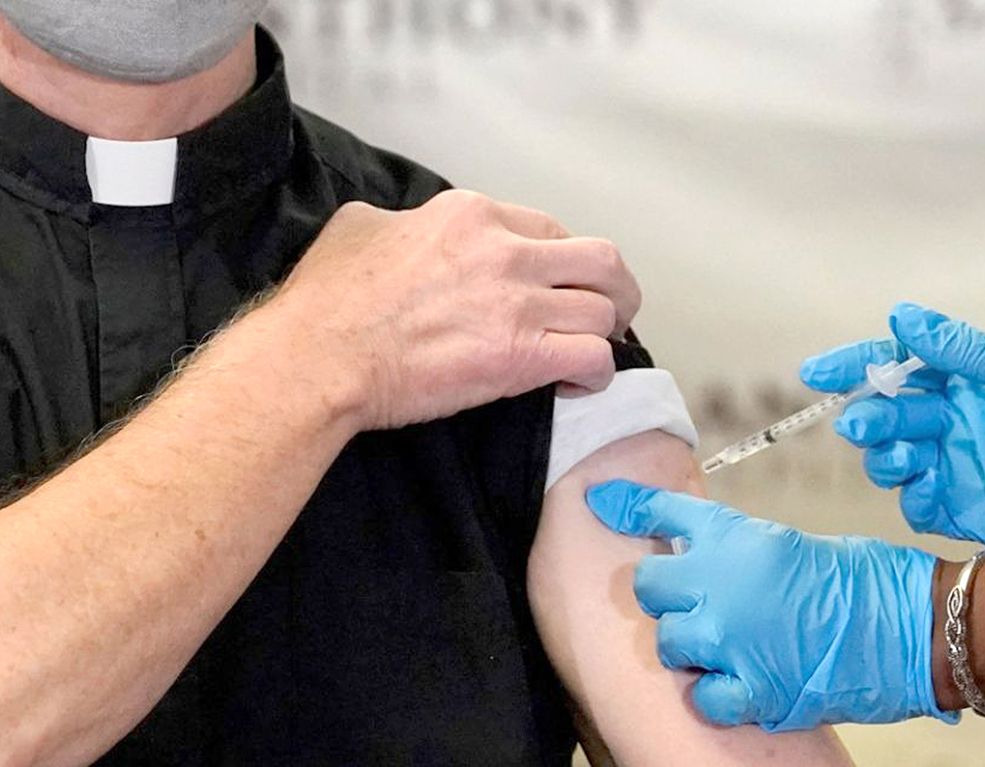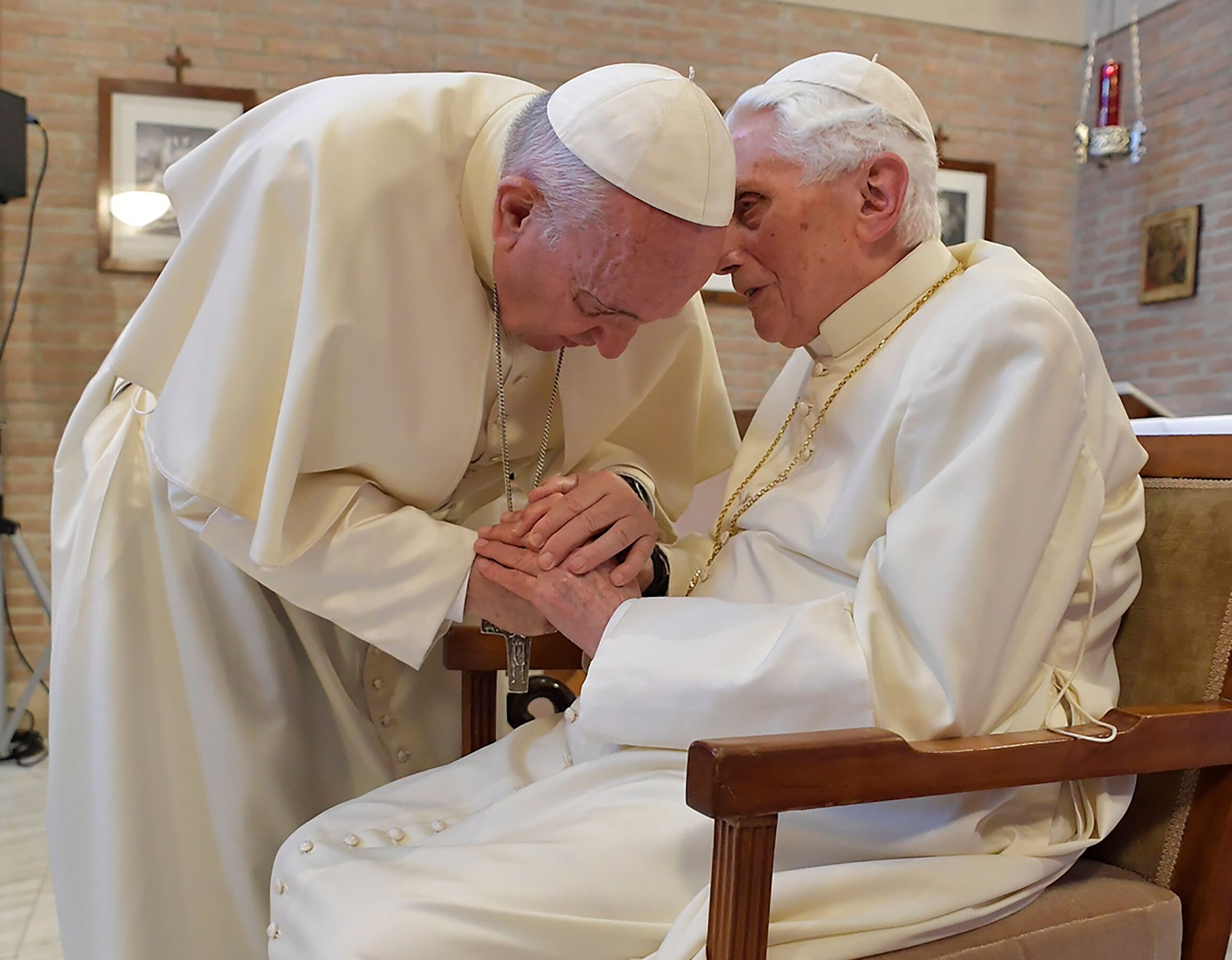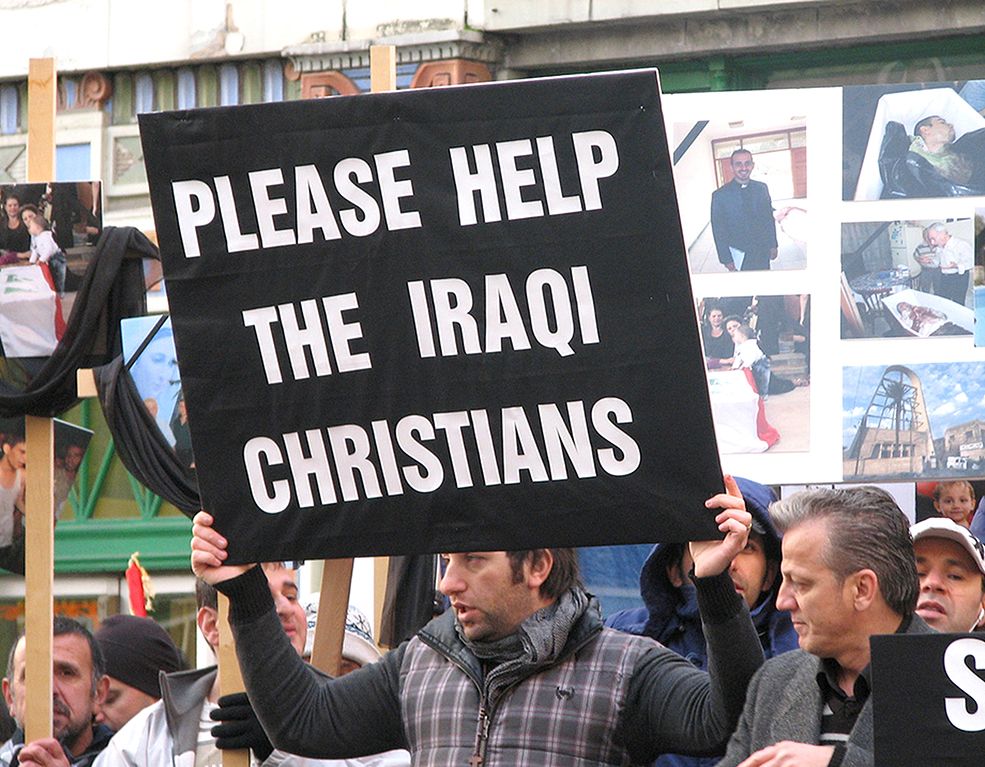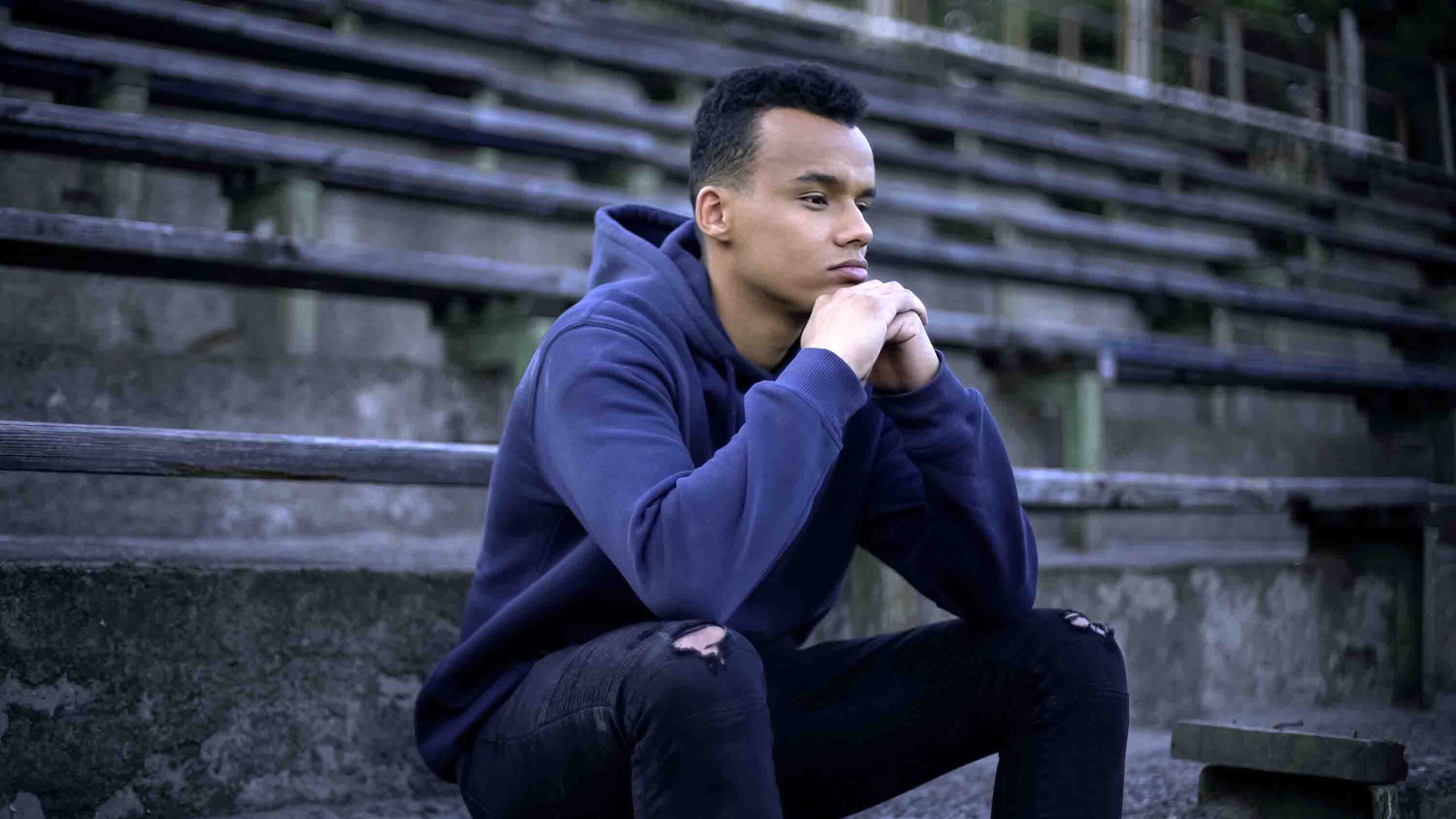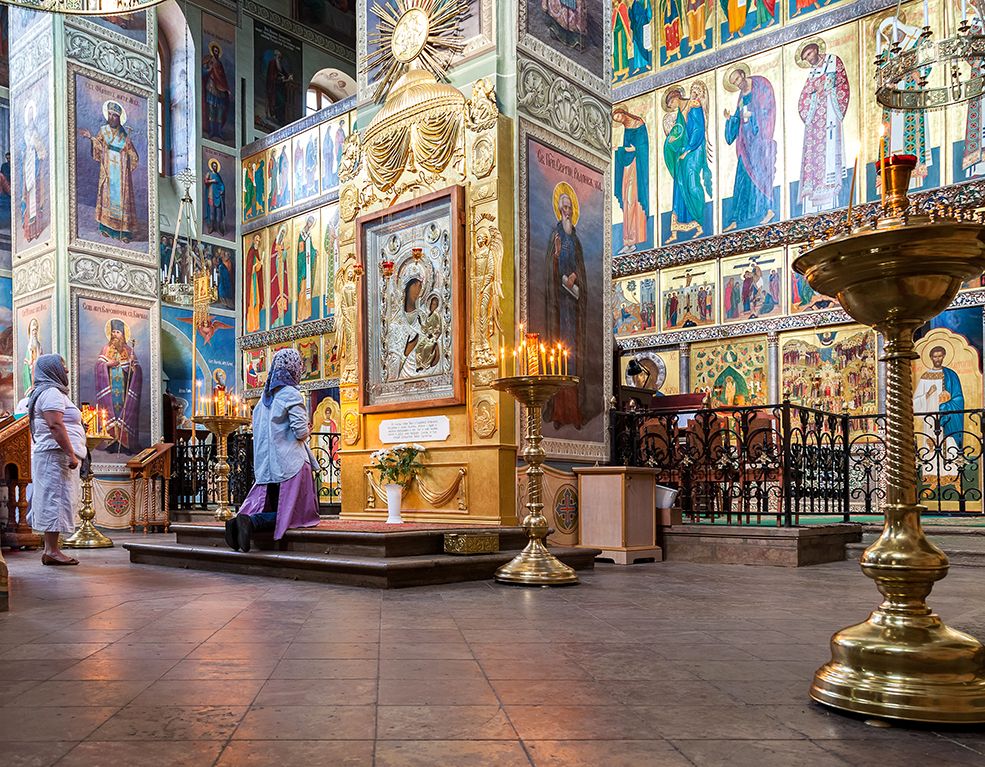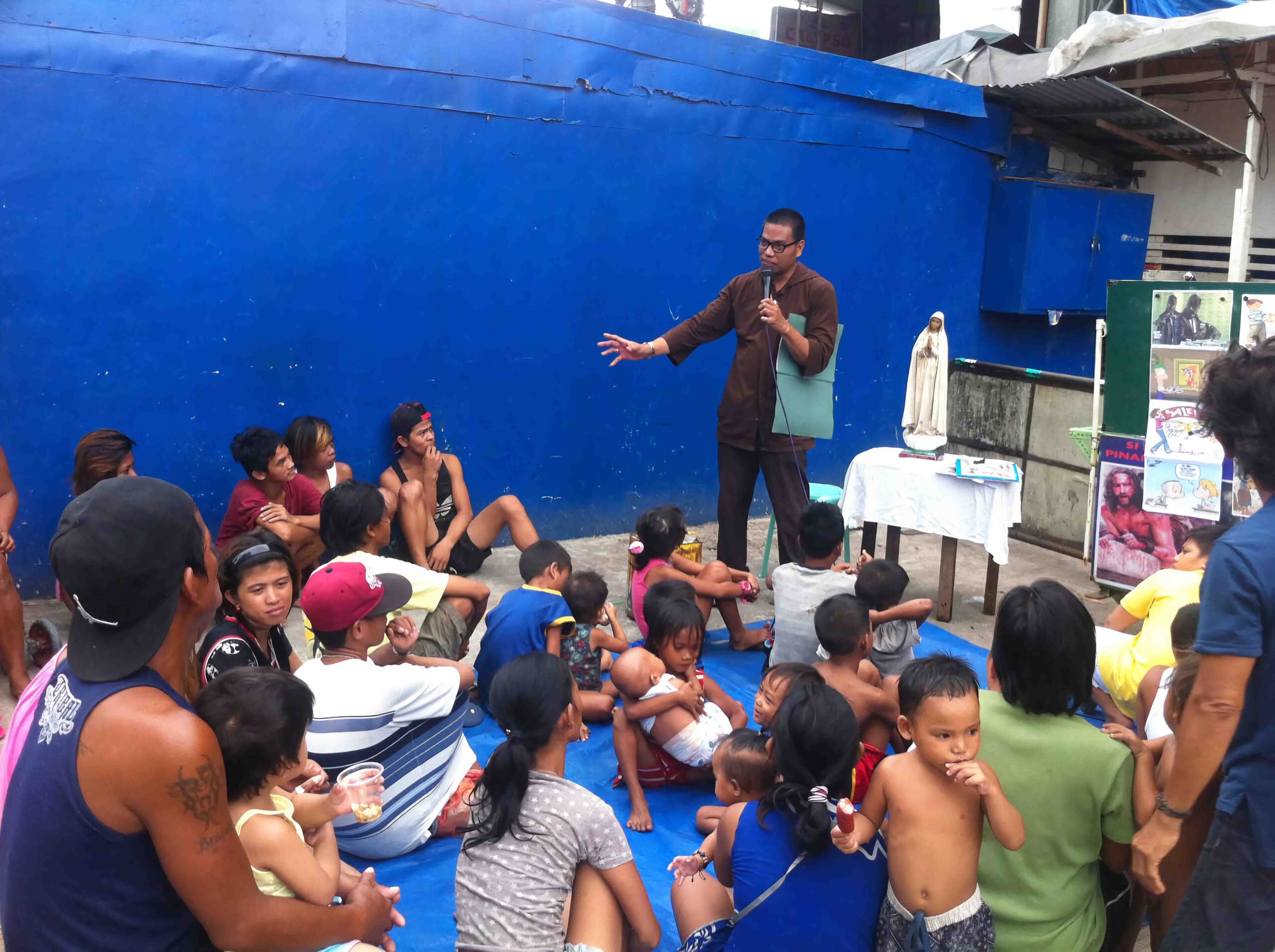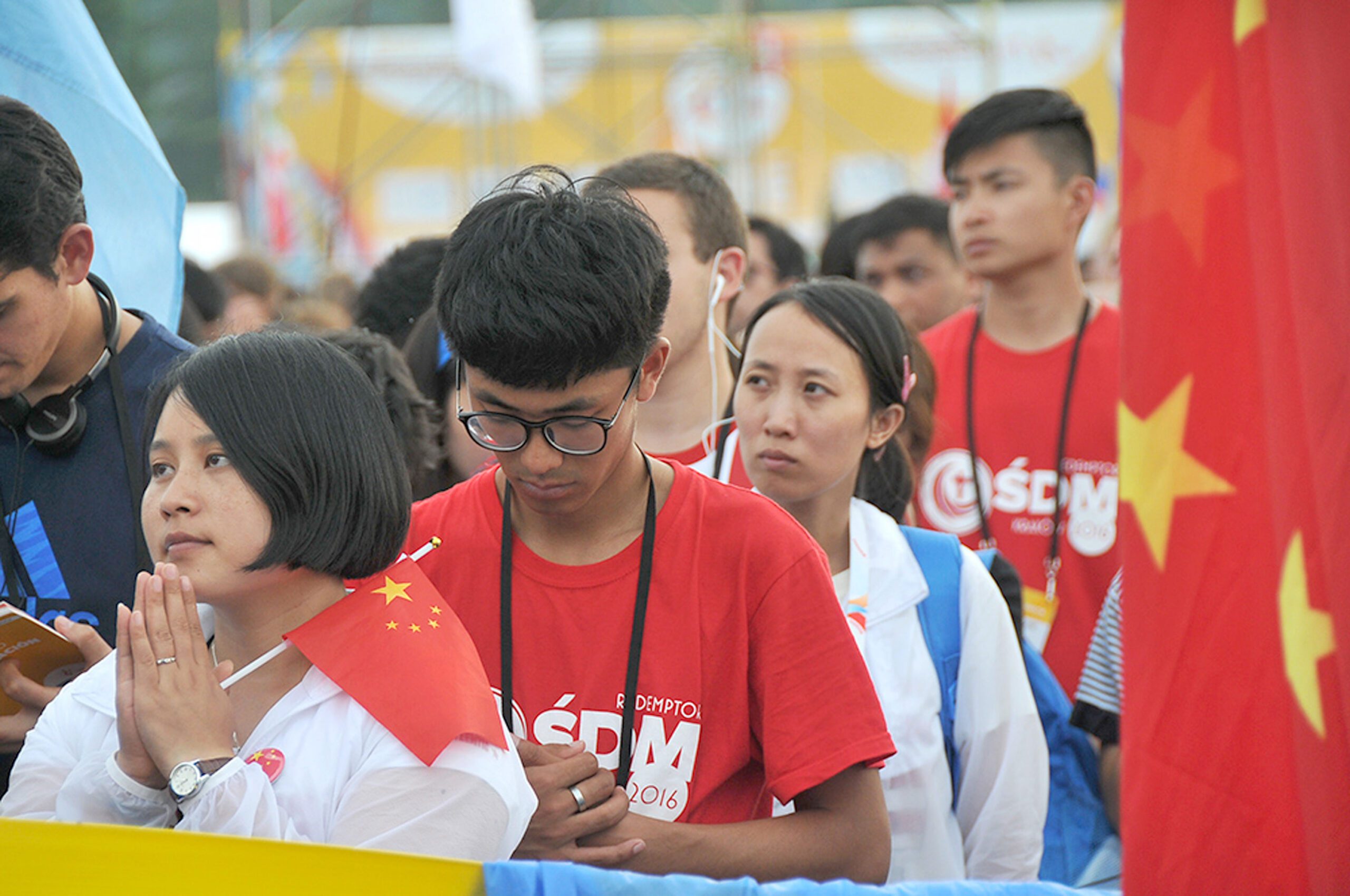Pope Francis was born Jorge Mario Bergoglio in Buenos Aires, Argentina, on December 17, 1936. His father, Mario José Bergoglio, and mother, Regina Sívori, had both Italian origins.
Eldest among five children, he joined the Jesuits in 1958 at the age of 22 after recovering from an illness.
In 1969, he was ordained a priest at the age of 33. He served as the Jesuits’ Provincial Superior in Argentina for six years from 1973 to 1979. He was named Archbishop of Buenos Aires in 1998. In 2001, Pope John Paul II appointed him a Cardinal.
His papacy began on March 13, 2013, after a papal conclave elected him following the resignation of Pope Benedict XVI. As head of the Catholic Church, Pope Francis has demonstrated his sincere and deep concern for the people trapped in conflicts in different parts of the world.
EMBARGO ON CUBA
He was moved by the condition of people suffering from the consequences of the embargo imposed by the US on Cuba since 1962. The diplomatic relations between the US and Cuba went cold after former President Fidel Castro and other Cuban revolutionaries toppled the government of Fulgencio Batista and established a socialist state in 1959.
As a result, the US imposed an economic blockade against Cuba. The embargo was officially enforced by former President John F. Kennedy in 1962, putting restrictions on US business entities from making commercial and trade transactions with Cuba.
The economic blockade has cost the Cuban economy $1.1 trillion since the US imposed it 60 years ago, according to an Al Jazeera report in 2015. Also, a report by the American Journal of Public Health in 1997 said the nutritional levels in Cuba declined as a result of the economic blockade. Incidences of infectious diseases increased, and the Cuban public health infrastructure deteriorated.
On a number of occasions, the United Nations voted for the lifting of the sanctions, but the US kept them in place. Its sanctions on Cuba have been longer than on any other country. A report by Amnesty International in 2009 said the “Cuban embargo has had an adverse effect on human rights.” It also mentioned that “states must take into account the effects that [imposed] sanctions may have on the enjoyment of economic, social and cultural rights in the country affected.”
In 2014, just a year after he began his papacy, Pope Francis wrote a letter to former President Barack Obama and Cuban senior officials appealing to restore diplomatic relations between the two countries. In the same year, US and Cuban senior officials met in the Vatican for discussions.
In 2017, the Obama administration finally eased the sanctions on Cuba. As a result, flights between the two countries resumed. The restrictions on Americans to do business with Cuba were also removed. But the new diplomatic relations between the two countries froze again after President Donald Trump reinstated Cuba on the US list of state sponsors of international terrorism during his first term in the White House. As a result, the US reinstated the embargo against Cuba, a country with an estimated population of 11 million as of 2023.
APPEALS FOR PEACE
Pope Francis had also called for peace in countries torn by wars. He also appealed for peace to the parties involved in the civil war in Syria. The conflict, which broke out in 2011, had claimed the lives of more than half a million people. An estimated 12 million people fled their homes for safety while poverty and hunger were widespread.
Pope Francis led prayers for peace in Syria. He also appealed to world leaders and the international community for peace in the country. Bashar al-Assad, former president of Syria, reportedly fled to Moscow on December 8, 2024, as his 24-year reign collapsed due to the rebellion.
Pope Francis appealed to the Syrian guerrillas who toppled al-Assad to reconstruct and reunite the country. “I hope they find political solutions that, without other conflicts or divisions, responsibly promote the stability and unity of the country,” Pope Francis said at the weekly General Audience at the Vatican.
For many times, Pope Francis also appealed for peace in Myanmar and called for an end to the civil war that broke out in 2011. The fighting between the military junta and guerrillas displaced 3.5 million individuals, killed more than 6,000 people, and detained 20,000 individuals.
In 2017, he flew from Rome on his apostolic journey to Bangladesh and Myanmar, a country with a population of 53 million people as of 2023. He spoke to Myanmar government officials, civil society leaders, military officials, religious leaders, and lay people in Nay Pyi Taw.
In his address, he said “The future of Myanmar must be peace” and “it must be a peace based on respect for the dignity and rights of each member of society, respect for each ethnic group and its identity, respect for the rule of law, and respect for a democratic order that enables each individual and every group–none excluded–to offer its legitimate contribution to the common good.”
CALL FOR NEGOTIATIONS
Since the war in Ukraine broke out in 2022, Pope Francis has publicly called for peace in Ukraine. He appealed to both the Ukrainian government and the Russian government to address the conflict through negotiations and peaceful means. He also expressed his solidarity with the victims of the war.
“I would like to appeal to those who have political responsibility so that they may make a serious examination of conscience before God, who is the God of peace and not of war,” he said at the weekly General Audience in the Vatican in February 2023. Aside from publicly appealing for peace in Ukraine, Pope Francis also met with Ukrainian President Volodymyr Zelensky in the Vatican for the fourth time in October 2024. He promised Zelensky that the Catholic Church would continue praying to end the conflict in his country.
Since the war in Ukraine broke out in 2022, Pope Francis has been using his general audiences and Angelus addresses at the Vatican to express his solidarity with the victims of the conflict and to call for humanitarian interventions for the people trapped in the war. On February 23, 2025, while being treated at Rome’s Gemelli Hospital for a respiratory condition, Pope Francis called for peace in Ukraine.
He marked Sunday’s “painful and shameful occasion” of the third year of the large-scale Russian war against Ukraine. As of January 2025, the Office of the United Nations High Commissioner for Human Rights reported more than 41,000 civilian casualties since Russia invaded Ukraine in 2022.
Pope Francis has also called for peace and an end to the ongoing Israeli-Palestinian conflict. In June 2014, just a year after he became head of the Catholic Church, Pope Francis welcomed former Israeli President Shimon Peres and incumbent Palestinian President Mahmoud Abbas at the Vatican for an unprecedented prayer meeting.
In January of this year, Pope Francis escalated his stance against the war in Gaza, calling the situation in the war-torn Palestinian enclave “very serious and shameful.” “We cannot in any way accept the bombing of civilians,” Pope Francis said through his aide.
More than 48,900 Palestinians and 1,700 Israelis have died in the conflict in Gaza as of February 2025, according to the official figures of the Gaza Health Ministry. Pope Francis’ heart for the oppressed had drawn him respect not only from religious people, but also from the non-religious.
Jose Mario De Vega, a professor, Marxist revolutionary, and atheist, has respected Pope Francis for his love of the poor and oppressed. He even wrote a tribute for Pope Francis titled “The People’s Pope and Defender of the Oppressed Masses of the World.”
‘REVOLUTIONARY’
“I cannot stop myself from respecting and loving Pope Francis, or as we affectionately call him here, Lolo Kiko,” De Vega said. “The man was also a revolutionary in his own right. In his first major teaching document, ‘The Joy of the Gospel,’ Francis denounced trickle-down economic theories as unproven and naive, based on a mentality ‘where the powerful feed upon the powerless’ with no regard for ethics, the environment, or even God,” De Vega said.
“Further, what made me an ardent supporter and lover of Lolo Kiko was his extreme love and solidarity with the poorest of the poor, his embrace of the refugees and the downtrodden, the working class, the single mothers, his progressive bent and advocacy for climate justice, outreach to LGBTQ+, crackdown on traditionalists and even up to the last days of his life, his concern for the people of Gaza and Palestine,” De Vega said. “In a word, I love and cherish this humble man, because he sided just like Jesus himself with all the marginalized people of the world.”
Lolo Kiko advocated for economic models centered on inclusion, ethics, and solidarity, urging leaders to ensure that financial systems serve humanity rather than dominate it,” De Vega said.

